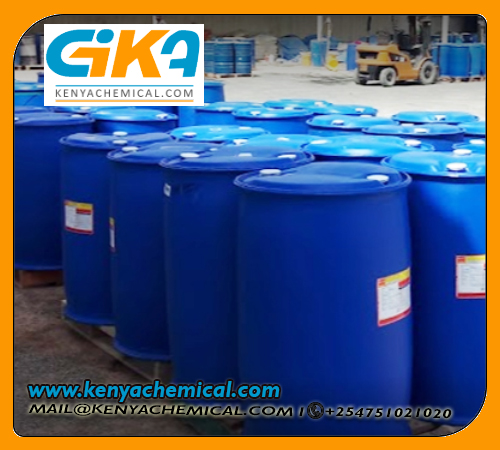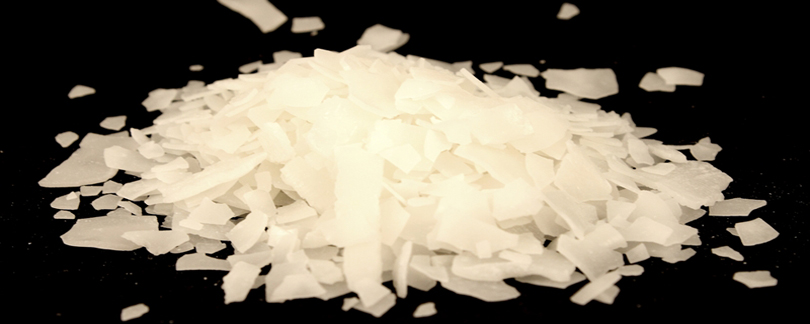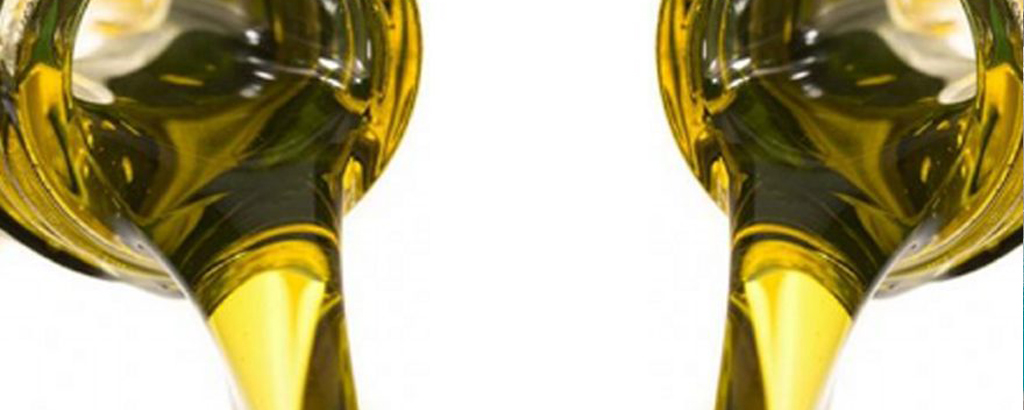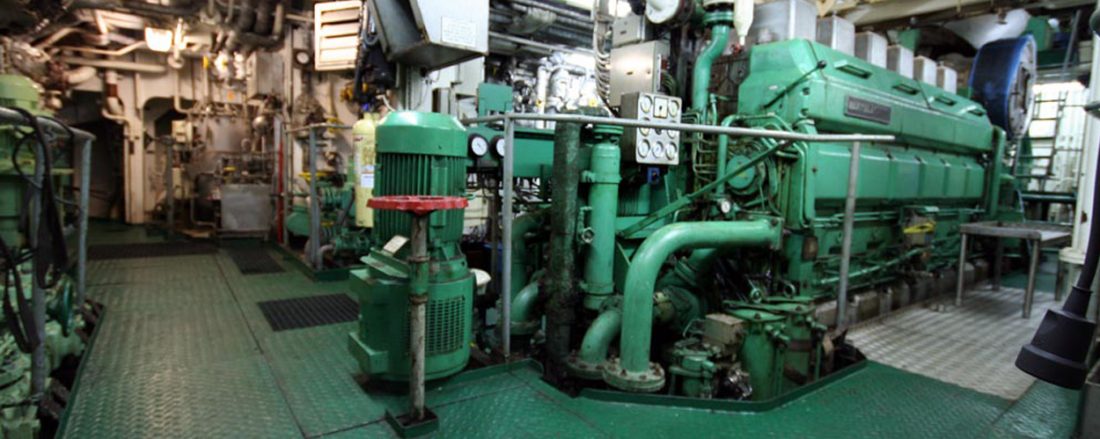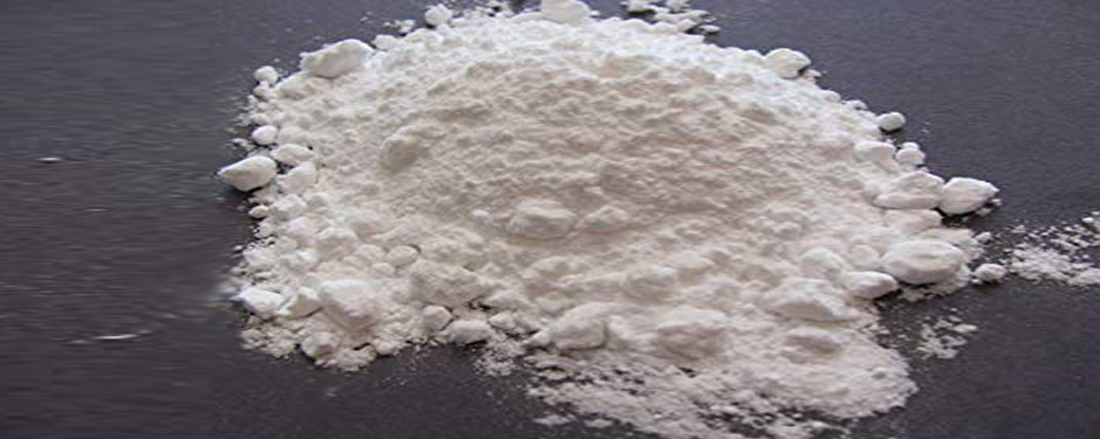Antiscalant Manufacturer and supplier in Mumbai, Kandla, Gandhidham, Kolkata, Vizag, Fujairah, Sharjah, Abudhabi, Ajman, Dubai Middle UAE, Sohar, Barka Muscat Oman, Canada
Antiscalant ORG EV 2030 is a high performance liquid product for the control of scaling and particulate fouling in seawater multi-stage flash distillation plants. It is a multifunctional product based on polycarboxylic acid chemistry.
Antiscalant ORG EV 2030 has been developed with enhanced scale control and dispersant properties to give improved control of fouling throughout the plant, reducing cleaning frequencies and the associated costs.
#AntiscalantORGEV2030_supplier
#ANTISCALANT_manufacturer
#antiscalant_DUBAI
#antiscalant_muscatOMAN
Health and Safety
Antiscalant ORG EV 2030 is an aqueous solution of polycarboxylic acid. From results of acute studies it is classed as non-toxic. A Material Safety Data Sheet is available on request.
Thermal Stability
Thermogravimetric analysis and differential scanning calorimetry have shown that Antiscalant ORG EV 2030 is stable up to a temperature of 200 oC.
Chemical Reactivity
Antiscalant ORG EV 2030 is not affected by chlorine or other oxidising biocides under normal conditions of use.
| Appearance | Liquid | |
| Colour | Clear amber | |
| pH | 8.0-9.0 | |
| Solids content | 37 to 43% w/w | |
| specific gravity at 20oC | 1.25 to 1.30 | |
| Boiling point range | 100 to 102 oC | |
| Freezing point range | 0 to -10 oC |
Tranortation :
Not Claasified as Hazardouce.
Classification non-hazardous for conveyance
Packing : 250 Kgs Drum.
Antiscalant ORG EV 2030 is effective against alkaline scale formation across the full range of top brine temperatures (TBT) in use today, It is particularly recommended for use in plants operating at top brine temperaturesgreater than 100 oC where total control of particulate fouling and sludging is critical to maintaining thermal efficiency. Field trial reports and reference lists are available on request.
RO antiscant
Scaling is caused in membranes because the level of hardness salts in the water becomes highly concentrated as it passes through the RO unit. In smaller units scale formation can be prevented by base exchange softening the make-up water but for larger systems that is very expensive. We have developed a range of easy to handle, cost effective RO Antiscalant which increase the solubility of the hardness salts so they remain in solution rather than forming scale on the membrane. Our cost effective RO antiscalants will inhibit a wide range of foulants including: calcium carbonate, calcium sulphate, barium sulphate, strontium sulphate, calcium fluoride, silica and iron.
RO Antiscalants are dosed directly to the RO feed water tank or feed water line (after pretreatment) at the recommended dosage of 1-3 mg/L and maximum dosage at 8mg/L, subject to inlet water quality and parameters is respect of Calcium Hardness, Iron, TDS, Alkalinity, pH and silica content. Maximum dilution should be 10% with RO or DI water for temperature less than 30 deg C. For higher temperature the dilution ratio can increase.
Key Features and Benefits
- Inhibit scale formation and effectively controls corrosion
- Protects the membrane efficiently
- Enhance the plant operation and equipments life span
- Economical
- Easy in usage and handling
It reduces the risk of scaling and eliminates the use of hazardous acids,resulting in efficient plant operation with highest possible conversion rate.
It is a very effective antiscalant . It is also compatible with RO CHEMICALS series of coagulant and flocculants (polyelectrolytes). Our RO Antiscalant (HIGH PH) is effective in minimizing scaling in presence of foulants like Calcium Carbonate, Sulfate salts of Calcium, Barium, Strontium and Magnesium, Calcium Fluoride, Iron and Silica.
Key Features and Benefits
- Effective scale inhibition
- Alkalinity builder
- High recovery rate
- Low Chemical dosage
- Cost Effective
- Effective Iron fouling control by sequestration
- Reduced frequency of membrane cleaning
- Compatible with all types of membranes
- Completely organic and biodegradable
Application and Dosage
Our RO Antiscalant (HIGH PH) is dosed directly to the RO feed water tank or feed water line (after pretreatment) at the minimum recommended dosage of 1ppm and maximum dosage at 15ppm, subject to inlet water quality and parameters is respect of Calcium Hardness, Iron, TDS, Alkalinity, pH and silica content.
In case of high iron content of about 0.5 to 1.0ppm, the dosing has to be increased by 10-15ppm for stabilizing Calcium.
At about 10-15ppm dosage our RO Antiscalant (HIGH PH) is capable of fully inhibiting iron and calcium, and silica up to 166ppm. For higher silica content RXSOL ANTISCALANT should be used.
Antiscalant RO RXSOL-33-3302-025
Antiscalant C.I ALKA RXSOL-33-2034-025
Membrane Antiscalant ALKA 191T RXSOL-33-3321-030
Antiscalant ORG EV 2030 RXSOL-33-3325-230
Antiscalant RXSOL ORG EV RXSOL-33-3327
Antiscalant ORG EV 2030 is a neutralised aqueous solution of organic acid. There are no special requirements regarding materials of construction of the dosing system.
Recommended injection points are either into the seawater make-up line after any external de -aeration and decarbonation equipment, or into the recycle brine stream at a suitable point after the blowdown and typically into the discharge of the recycle brine pump.
Antiscalant ORG EV 2030 is readily miscible with water in all proportions. It may be applied as the neat product, or as a solution in distillate and should be dosed continuously, and proportionately to the seawater make-up flow, to maintain the recommended dose level.
The dose level required will depend on a number of factors, including the quality of the seawater feed, TBT, recycle brine concentration factor, the type of distillation plant and frequency of application of the sponge ball cleaning system. Typical dose levels, when used in conjunction with a sponge ball cleaning system, are 0.8 to 1.0 mg/l at TBT 90 ºC and 1.8 to 2.0 mg/l at TBT 110 ºC. Detailed recommendations for any plant will be made on request.

